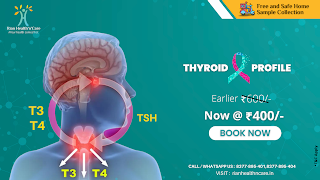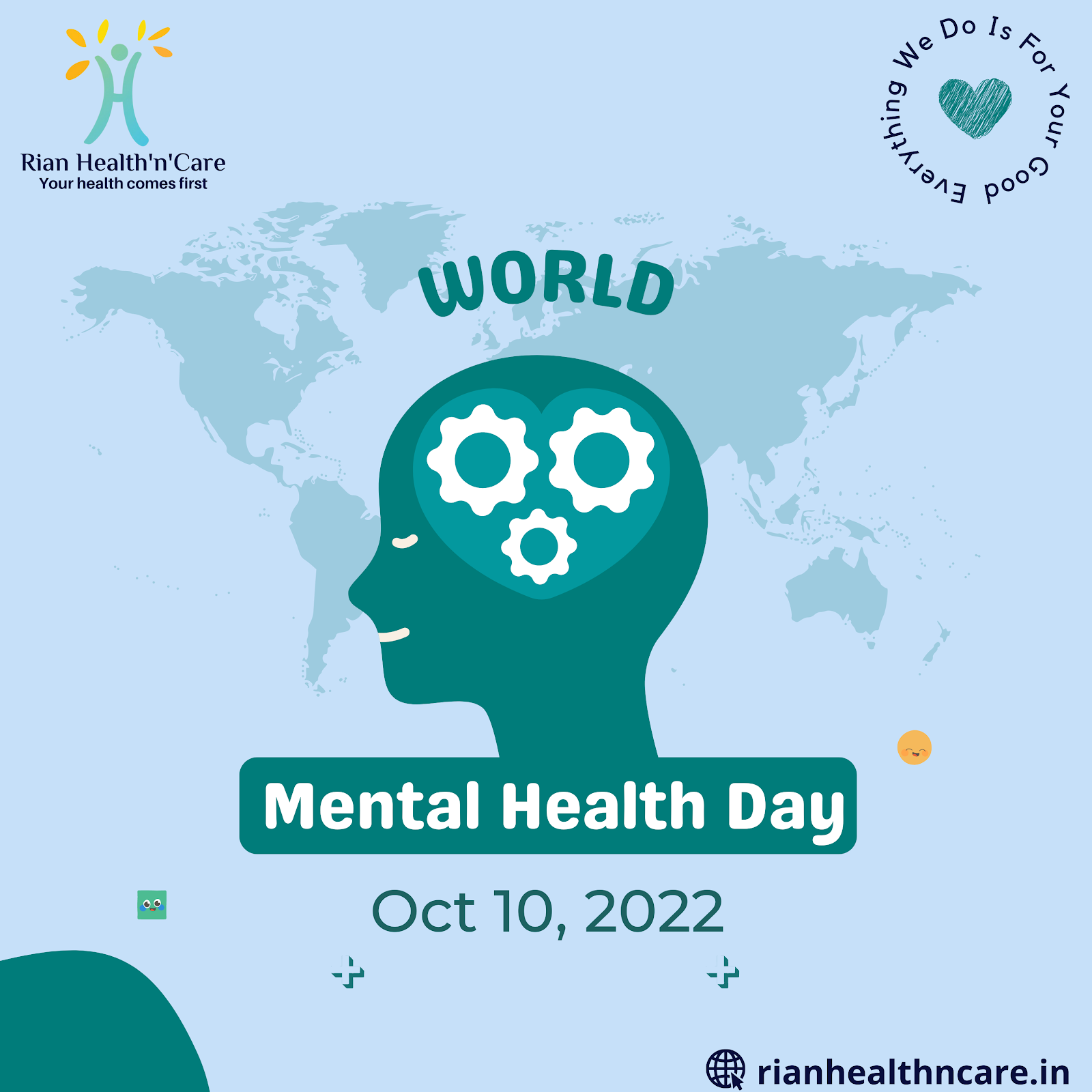How to stay free from Diabetes ?
IN THIS ARTICLE:
• India has one
in every six diabetics (17%) in the globe. (As of October 2018, India's
population accounted for roughly 17.5 percent of the world's total.) According
to the International Diabetes Federation, this figure is expected to reach 134
million by 2045.
• Many factors
influence diabetes susceptibility, including ethnicity, age, weight, lifestyle,
family history, personal history, and more. It's frequently associated with
high cholesterol.
• Frequent
urination, excessive thirst, and hunger, weight loss, unexpected eyesight
changes, tingling in hands and feet, chronic weariness, dry skin, recurrent
sores, and infections are some of the signs and symptoms. If you have more than
one of these symptoms, you should get tested for diabetes.
What
exactly is diabetes?
Diabetes is a condition in which blood glucose (blood sugar)
levels are abnormally high. Insulin aids glucose transport from the bloodstream
to the cells. When the body doesn't create enough insulin or uses it incorrectly,
glucose builds up in the bloodstream, resulting in diabetes.
What
are the many kinds of diabetes?
It's crucial to understand the different types of diabetes
before digging into how to test for diabetes by testing HbA1c levels.
• Prediabetes: If your blood glucose level is greater than
normal but not yet type 2 diabetes, you have prediabetes.
• Type 1 diabetes: When you have type 1 diabetes, your body
produces very little or no insulin. As a result, you'll require daily insulin
injections to keep your blood glucose levels under control.
• Type 2 diabetes: Type 2 diabetes occurs when your body
generates insulin but does not utilize it effectively.
• Gestational diabetes: This type of diabetes arises when a
woman is pregnant and has a high blood sugar level. After delivering delivery,
it usually goes away.
Who is
in danger?
Diabetes can affect everyone, however there are various
ethnic, genetic, and lifestyle variables that can enhance one's risk. These are
some of them:
·
Some ethnic groups:
·
Native Americans,
·
African Americans,
·
Hispanics,
·
Asians, and Pacific Islanders are all
represented.
·
Being overweight
·
Being 45 years old or older
·
Sedentary lifestyle
·
Family history of diabetes
·
Personal history of gestational diabetes
(diabetes during pregnancy)
·
Giving birth to a baby over nine pounds
·
Having polycystic ovary syndrome (PCOS)
Which illnesses have been connected to diabetes?
Diabetes is a disease that can be
controlled. Uncontrolled diabetes has been linked to a number of other health
issues, including:
• Blindness
• Heart disease
• Kidney failure
• Amputation of one's lower limbs
What are common symptoms
of diabetes?
Since not everyone with diabetes
or prediabetes has noticeable symptoms, it is important to talk to your doctor
and get screened. Some of the most common symptoms include:
· Frequent Urination
·
Excessive
thirst
·
Weight
loss
·
Extreme
hunger
·
Unexplained/sudden
vision changes
·
Tingling/numbness
in hands/feet
·
Chronic
fatigue
·
Dry skin
·
Sores
that won’t heal
·
Contracting
infections more than normal
How do experts check for diabetes?
When you ask how to test for
diabetes, your healthcare provider may recommend a glycated hemoglobin test,
commonly known as an A1c test, A1c blood test, or HbA1c test.
This A1c test doesn't require you
to fast, and it can reveal your average blood glucose level over the previous
60 to 90 days. It determines your average blood sugar level by determining the
percentage of blood sugar bound to hemoglobin, a protein found in red blood
cells. A higher A1c score indicates the presence of diabetes.
Your healthcare practitioner may
request one if your A1c test results are inconsistent or if this sort of
diabetes screening isn't an option for you, your healthcare provider
may order one of the following tests for diabetes.
• Fasting blood sugar test:
For this test, you must fast overnight and then supply a blood sample at your
healthcare provider's office.
• Oral glucose tolerance test:
You must fast overnight before drinking a sweet beverage at your healthcare
provider's office for this test. Then, during the next two hours, the team will
monitor your blood glucose levels, or plasma glucose levels.
• Non-fasting random plasma
glucose test: This diabetes test does not require you to fast. Instead, a
blood sample will be taken at random by your healthcare provider's office.
Additionally, Your doctor may also
prescribe a urine test to diagnose diabetes. This urine test will look for
ketones. Because your body doesn't have enough insulin to use glucose, it
breaks down muscle and fat tissue for energy. Autoantibody testing to look for
damaging immune cells may also be ordered by your doctor.
Get screened today!
You can
get screened for diabetes, including having your cholesterol levels checked, at Alpha Care 24/7 Private Limited (FREE HOME SAMPLE COLLECTION ). Call +91 8377895404 or +91 8377895401 to book your appointment with us.


Comments
Post a Comment